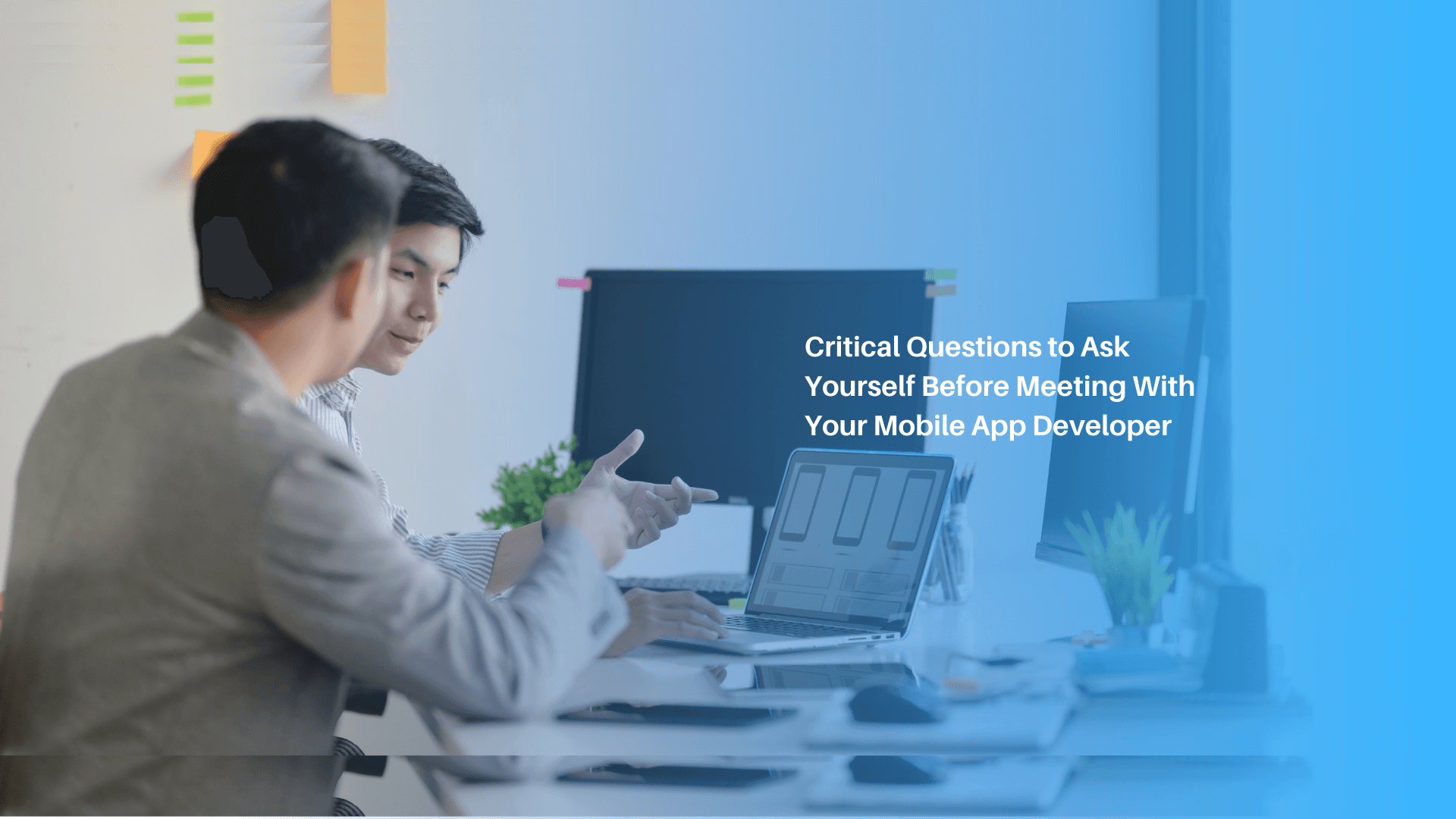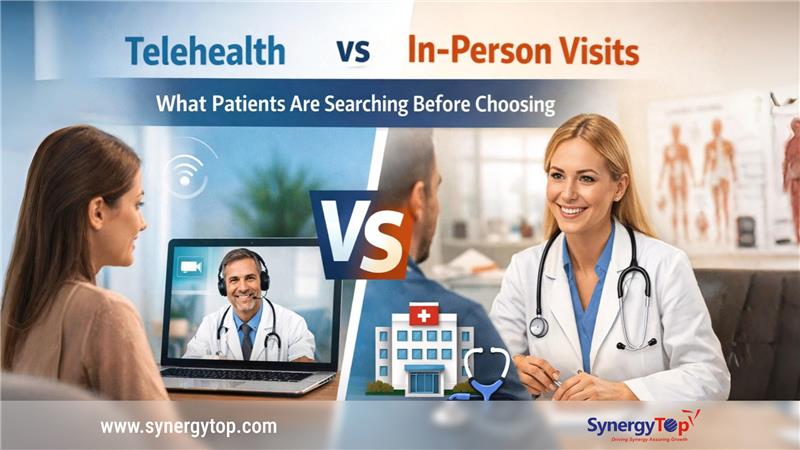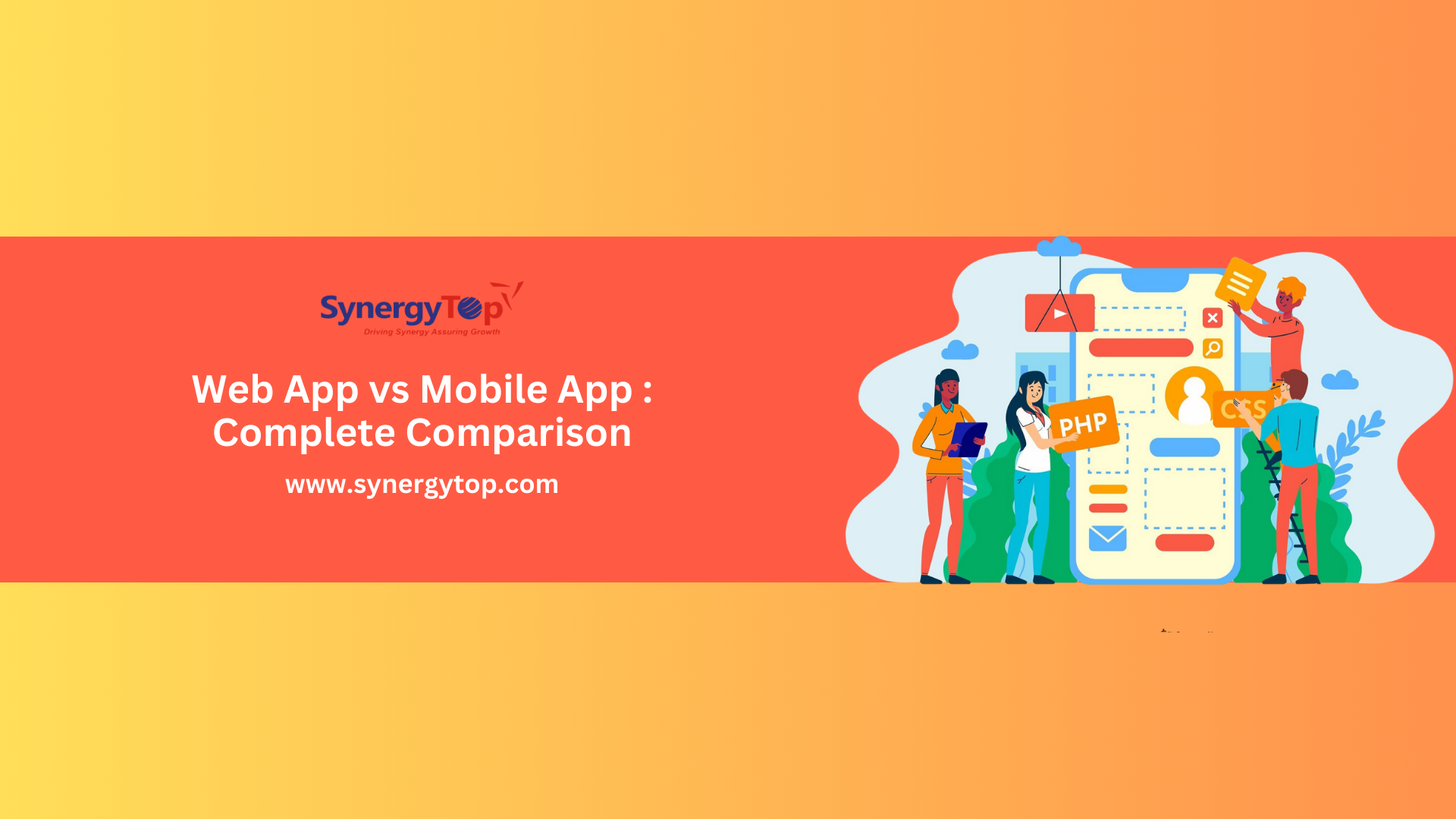Your dream mobile application won’t fulfill your needs unless you invest the time and energy up front. When managers craft a plan ahead of time, their partnerships with app developers are more successful. Outside vendors won’t understand your business vision without context. It’s up to you to outline exactly how you want your app to look and function.
Are you thinking about starting a mobile app for your business? There are some critical questions to consider before starting a conversation with a developer.
- Does my business need a mobile app?
- What functionalities does my app need?
- What will my app look like?
After answering these questions, you may find that you need to make changes to your original plan. You might not even need a mobile app at all.
Does My Business Need a Mobile App?
While mobile apps are popular in business, it may not be worth your investment. The solution’s results should be worth the development, maintenance, and marketing fees. According to Localytics, 80% of consumers no longer launch apps three months after the initial download. However, if your app will bring in a large number of active users, that adds value.
Your app needs a core purpose to attract loyal users. It should solve a problem or optimize operations. Otherwise, consumers won’t use it. Consider your existing value proposition, and then evaluate if a mobile solution would strengthen it.
For example, the Domino’s Pizza app has found success by solving a customer problem. A real-time pizza tracker lets users monitor the exact preparation stage of their pizza.
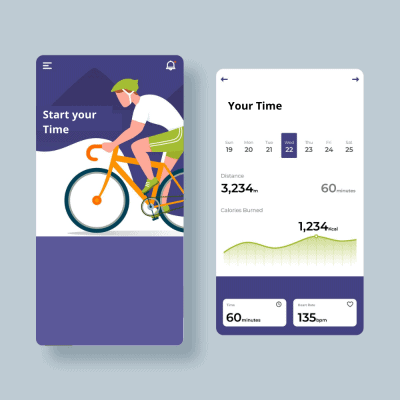
Dominos addressed the challenge of consumers calling to check in on their pizza delivery. Their app addresses a concrete goal with an innovative solution.
When executives establish a clear purpose, the development process becomes easier. You’ll be better equipped to answer your vendors’ questions with confidence if you have a central objective.
Ultimately, if your application won’t enhance the user experience, it isn’t worth your time.
What Functionalities Does My App Need?
Managers must explain to their vendor exactly how their ideal app functions. This includes outlining why the requirements will support their business vision. From there, developers can construct a useful outline.
This is an important conversation because poorly developed features lead to deleted applications. You should put the most emphasis on the core functionality of your application for a higher-quality solution. When you’re discussing your features, avoid getting distracted by supplementary ideas. Other supporting functions will build off of that core value-add, and they can be added later on.
For instance, Starbucks’ core app feature allows customers to order and pay for goods. Through added personalization over the years, they have been able to enhance the app over time. Its supplementary features include a rewards system where customers can collect “bonus stars” to earn rewards.
Starting with a minimalistic app saves resources. Rather than playing a guessing game, this lean development strategy will enable you to test your core functionality with consumers and then adjust.
Your core app functionality must be paired with the overall business goal. For example, there is room for error if you simply ask for social networking functionality. A solution that enables university researchers to share publications versus a product high school students will use share notes will require entirely different social functions.
Your conversation with your app developer will be much more productive if it is centered around how the core functionality of your app will achieve your business vision.
What Will My App Look Like?
Your app’s visual appearance will reflect its core functionality and purpose. You should communicate to your developer the type of experience you hope your customers will have on the platform. Your app’s design is integral to building customer loyalty. A solution with exceptional features won’t be successful without a robust design.
You need to go beyond considering the colors and images you want for the interface. The solution should be designed according to a logical user flow and anticipated behaviors.
Ask yourself what each screen of the solution should look like, and then outline it on a wireframe
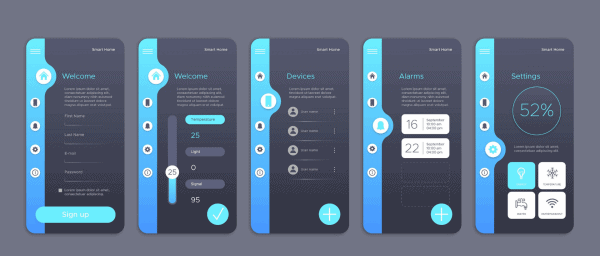
A wireframe lays out the location of each button and feature on your app. It’s a roadmap that takes the user to various destinations such as a call to action.
Prioritize usability and consistency on each screen of the app. Users will need to know which “touch gesture” to employ for different features.
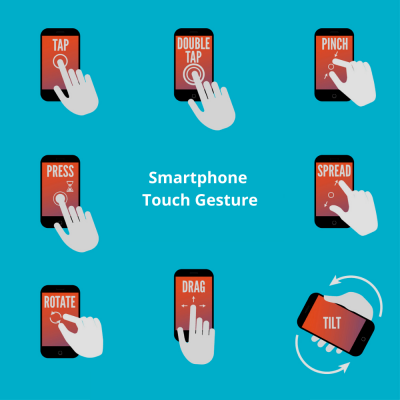
When you plan these gestures ahead of time with your vendor, you’ll achieve a more intuitive, accessible interface. You’ll answer questions about your app’s design by considering your customers’ needs and their desired behavior.
Create a Detailed Plan for Your Mobile App
An app development partnership is more worthwhile when businesses ask themselves the right questions beforehand. Before beginning development, decide if an app is worth the investment. Does it solve a customer problem or optimize operations? If so, how will its core functionality address that issue? Along the way, managers must outline the solutions’ design by considering their desired customer behavior.
Business-boosting apps require extensive planning. Companies that prepare themselves ahead of time help their developer deliver the optimal product.
About SynergyTop
SynergyTop has a very strong team of mobile app developers that delivers a unified customer experience in their app development work which is tailored around your unique requirements. With our customized development and creative design, we develop mobile apps that make a difference. We are loaded with expert mobile application developers, we create Applications that inspires our client and customer as well.
Write to us at contact@synergytop.com for further information.
About Author
Emily is a writer for The Manifest, designing surveys and reporting on emerging tech and development trends and news.


